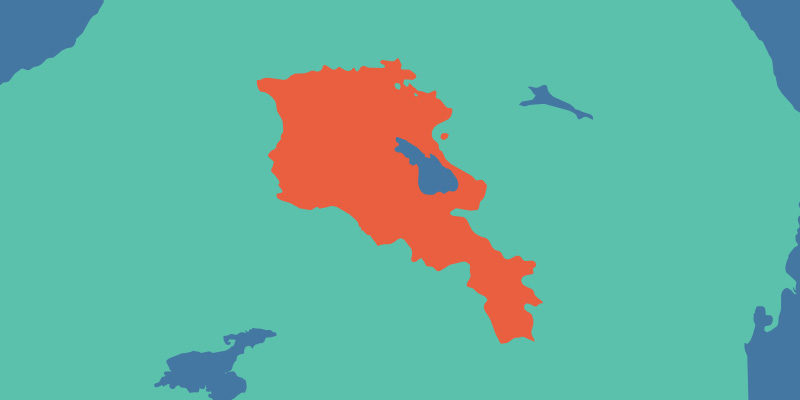
With a small population and low prevalence rates, universal access for HIV, Hepatitis C and TB should be easily achievable in Armenia, but over-pricing of drugs remains a barrier.
Armenia has an estimated 3,400 people living with HIV. In a small country (approximate population under 3 million) this equates to prevalence rate of 0.2%. The number of people receiving HIV treatment is 1,530. Price of treatment remains a key barrier for the thousands without access as the country’s health budget cannot accommodate the prices proposed by pharmaceutical companies.
In 2017, 768 cases of Hepatitis C were detected and there were 926 new cases of TB recorded. There is no data for Hep C treatment, and less than half of people living with TB are on treatment
How one drug can over-stretch a health budget
The majority of HIV antiretrovirals drugs are currently procured by Global Fund. One drug takes up 65.5% of the total budget (both Global Fund support and the state budget combined). The treatment is lopinavir/ritonavir (LPV/r), marketed in Armenia by AbbVie as ‘Aluvia’.
Despite patents having already expired in other countries, AbbVie’s LPV/r combination remains under patent in Armenia. AbbVie charges approximately $61 (USD) per package, which equates to just under $740 per patient per year. The price of the generic version is less than a third of the price, $18 per package, or $220 per year per patient.
Our focus
The over-arching aim of Make Medicines Affordable’s campaign partner, the Positive People Armenian Network (PPAN), is to secure optimal, affordable prices for optimal treatment. PPAN would like to see prices agreed that means universal access can be achieved within the health budget.
“What’s needed? Optimal prices for optimal treatment.”
PPAN’s priorities include:
- Reviewing procurement information and collecting data on the price of all HIV, Hep C and TB drugs.
- Advocating for a national treatment program for Hep C.
- Ensuring that when AbbVie’s Aluvia patents expire (in 2019 and 2022) generic versions are purchased or a price-match (compared to generic versions) is agreed.
- Encouraging the registration and procurement of optimal treatment regimens where gaps exist, including dolutegravir, in line with World Health Organization (WHO) recommendations.
- Urging the Armenian government to combat over-pricing through the use TRIP flexibilities and preventing unmerited patents, to ensure public health needs and rights are met.
Last updated on February 2019

